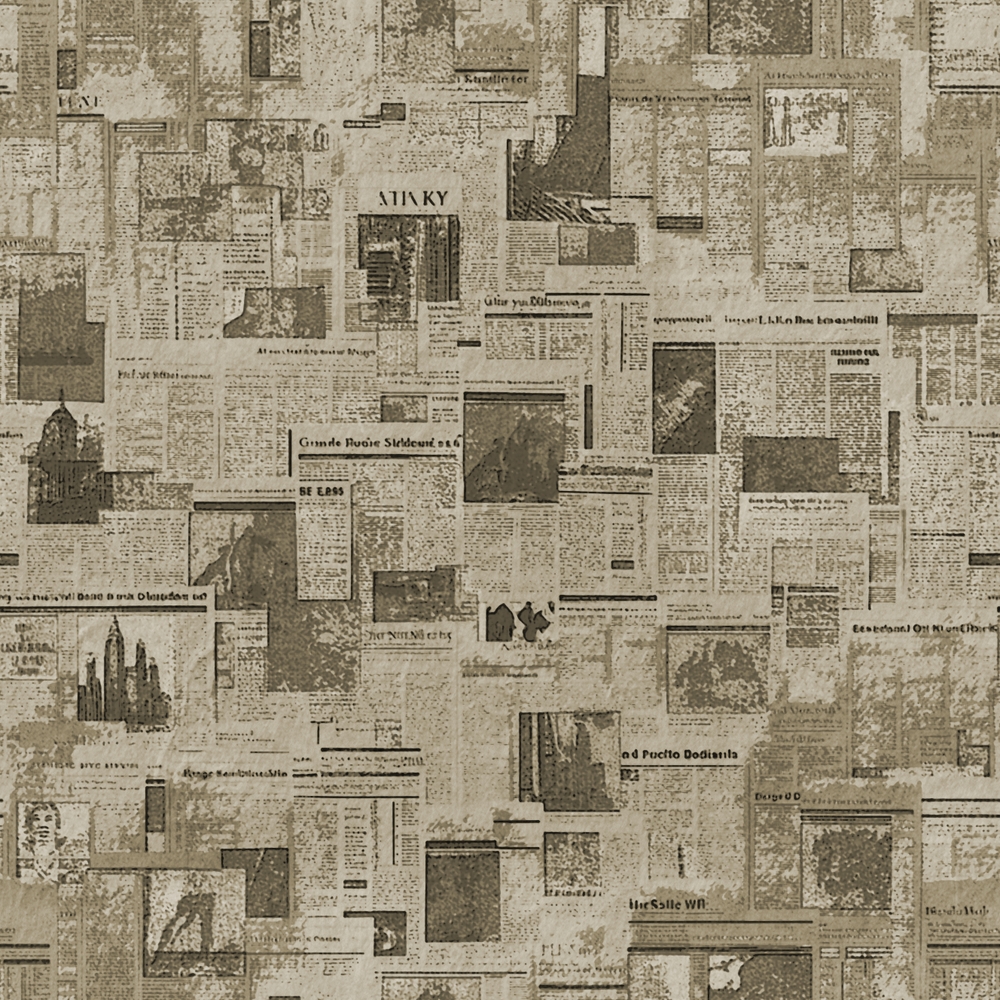The primary topic in Parshas Tazria is the laws of Tzara’as, a unique type of skin affliction. The Talmud says (Erechin 16a) that this unique affliction is reserved as a punishment for any one of seven transgressions which are listed there.
The first one on the list, and perhaps the most common one, is Lashon Hara – Evil Speech. We must refrain from saying anything that could (unjustly) cause harm to someone or that will lower the status of the subject of the statement in the eyes of the listener.
What is it that is so distinctive about this transgression that caused it to be singled out and placed on the top of the list? This transgression has many detrimental aspects to it. There is one particularly interesting statement made by the Talmud (ibid 15b) in reference to this transgression: “One who engages in speaking Lashon Hara, amasses for himself sins up to the heavens.” What is it that our sages are telling us with this statement?
The Chofetz Chaim (in Sefer Chovas Hashmirah, chapter 1) explains this with the following staggering piece of information: Every single word that one utters in telling Lashon Hara is counted as an individual transgression. Therefore, one who is in the habit of doing so is sure to accumulate an astounding number of transgressions in a short while. These offenses that one commits pile up very fast and very high, more than any other type of sin, and “reach all the way up to the heavens.”
Being in the habit of speaking Lashon Hara is a terrible illness which results in severe consequences. It is in our own interest to take the matter to heart and work on gaining control over the words that leave our mouths.
A serious argument once broke out in the Yeshivah (school for Talmud study) in Radin. The Yeshivah was becoming divided into two camps and it was causing the two sides to speak badly of each other. When the Chofetz Chaim heard about this, he was extremely distraught. He came into the Yeshivah and addressed its members.
In his speech, the Chofetz Chaim spoke about the severity of the sin of Lashon Hara being caused by the argument and said, “The Rambam declares that one who belongs to the group of people who speak Lashon Hara, does not have a portion in the world to come. In my publication (Chofetz Chaim), I omitted this because I did not wish to broadcast such a severe statement. Nonetheless, this is the fact. No matter how much Torah one studies and how many Mitzvos (good deeds) one has, it will not help him evade the ruling of the Rambam. Better that seventy Yeshivos should be eliminated than being dragged into a group of people speaking Lashon Hara.”
Instead of letting these words discourage us and cause us to give up on properly guarding our speech, we should focus on how much agony we can spare ourselves from by paying a little attention to what we communicate to others. If we take upon ourselves to refrain from Lashon Hara, even for only a short while on a daily basis, we will be saving ourselves untold unwanted trouble. Moreover, being that every word of Lashon Hara is an independent transgression, every single word of Lashon Hara we refrain from saying is another big Mitzvah. In addition, by setting aside set times to regulate our speech we will begin instilling in ourselves general awareness of our speech. This will surely carry over beyond the minimum which we have committed ourselves to, and will help us begin to turn the tide.
Parshas Tazria by Rabbi Yitzchok Aryeh Strimber (torah4every1@gmail.com)


